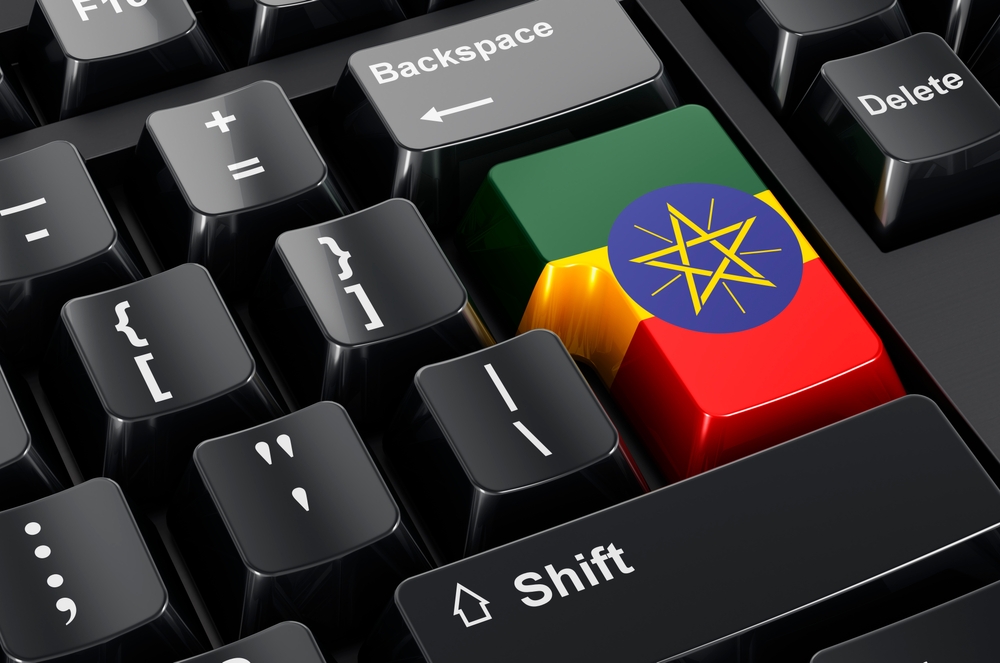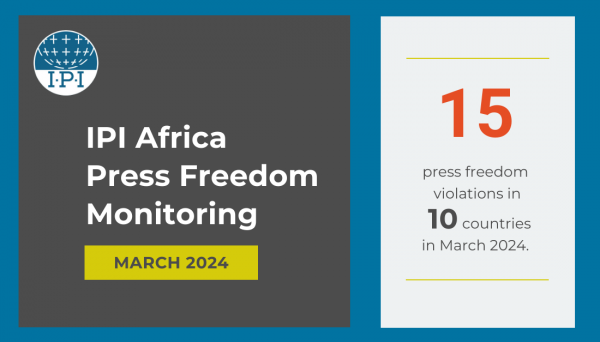As a U.N. meeting on internet freedom convenes this week in Ethiopia, the IPI global network urges Ethiopian authorities to immediately restore internet and telecommunications services to more than six million people in Ethiopia’s northern Tigray region, which has been deprived of these critical communications services since the outbreak of the conflict in this region more than two years ago. These shutdowns seriously inhibit journalists’ ability to do their work and prevent the public from accessing the news. Ethiopia must respect the public’s fundamental human right to access information.
The shutdowns began in November 2020 when Ethiopian Prime Minister Abiy Ahmed ordered a military offensive against regional forces in Tigray, which soon erupted into a civil war. The government has also ordered internet shutdowns in the neighboring regions of Amhara and Afar, where the conflict has spread.
These shutdowns have persisted even as the U.N. convenes a global conference on internet governance issues this week in Ethiopia. The conference has put a spotlight on efforts by rights groups around the world who have been calling on the government to restore internet access to the region.
The network shutdown in the Tigray region is one of the longest on record worldwide, lasting more than two years. Ethiopian authorities deny that they have deliberately targeted the Tigrayan people and have blamed the shutdowns partly on the damaged infrastructure in the area.
The internet is indispensable to the exercise of a broad range of human rights, including press freedom, freedom of expression, and the right to access information. Yet governments around the world — including in India, Iran, and Russia — continue to order internet shutdowns and other types of network disruptions during times of mass protests or elections, to hide human rights abuses, or to control information during times of military conflict.
In 2021, more than 180 network shutdowns were detected in 34 countries, according to digital rights organization Access Now. The U.N. Human Rights Council has condemned these network shutdowns as a violation of human rights and called on governments to refrain from taking these actions.
“The network shutdown in Tigray is one of the most egregious and troublesome examples of a government intentionally depriving an entire region of essential news, information, and communications services”, IPI Director of Advocacy Amy Brouilllette said. “Internet shutdowns inhibit journalists’ ability to do their work, and violate the public’s right to access and share information, which is especially important during times of conflict. The government of Ethiopia must immediately restore Internet and telecommunications services.”



